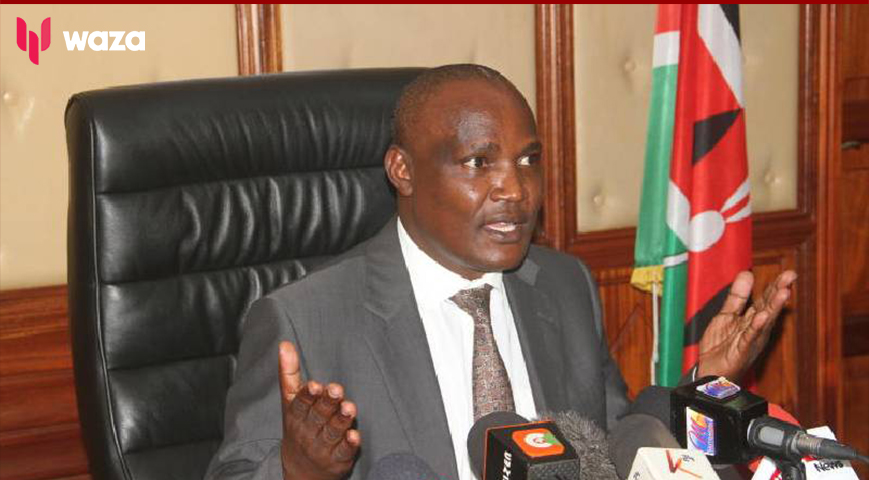Treasury Cabinet Secretary nominee John Mbadi has called for the annual publication of Kenya's debt records to manage and monitor the country's growing national debt, which is currently about Ksh.10.5 trillion. During his vetting before the National Assembly's Committee on Appointments on Saturday, Mbadi emphasized that while Kenyans are aware of the total public debt, they lack detailed information on specific cash advances.
"If you listen to the discussion around debt, Kenyans seem to be asking what our actual level of debt is. Is it really Ksh.10.5 trillion? The answer could be yes, but Kenyans want proof and evidence," Mbadi said. "If Kenyans owe money, why can't they know who they owe, how much they owe, and the interest rate for each loan?"
Mbadi made these remarks in response to Deputy Speaker Gladys Boss, who asked how he would ensure sustainable debt management if confirmed as Treasury Cabinet Secretary. He argued that regular transparency about Kenya's national debt would enable the public to fully understand and hold accountable those managing the country's finances.
"One of the things we need to do is make a debt register a statutory document, published annually like other official documents," Mbadi suggested. "It's not the government that owes money to China, the World Bank, or the IMF—it's Kenyan taxpayers. You can't owe money without knowing how much you owe."
Did you read this?
Additionally, Mbadi recommended that Kenya avoid borrowing for general budgetary support and instead use loans to finance specific, value-adding public projects that will help repay the debt. "We must link projects to loans. From 2014, we shifted our borrowing strategy from specific donor-funded projects to general support," he noted. "This means debt comes to Kenya without funding specific projects. How will we repay that loan if it doesn't fund value-adding projects or public assets?"
Mbadi also discussed his plans to expand Kenya's tax base and improve revenue mobilization after the withdrawal of Finance Bill 2024, which left a significant gap in the fiscal year's budget. "The focus has been on increasing tax rates and introducing new taxes, but I don't think that's the solution. The solution lies in targeting the tax collector, the Kenya Revenue Authority (KRA)," he said. "The taxman is like a cow that we milk without feeding. We have a provision that two percent of our revenue should go towards building the capacity of KRA, but we don't follow it."

He criticized KRA's current system as inadequate and prone to tax leakages, affecting the country's tax collection efforts. "KRA's system needs re-engineering. We lose a lot through smuggling and counterfeit products because we lack a foolproof system to manage these tax leakages."
Furthermore, Mbadi questioned KRA's recent recruitment practices, accusing the agency of hiring untrained personnel. "KRA once had a good policy of graduate recruitment with proper training. We need properly trained tax experts. The current recruitment and deployment of KRA staff need a review," he said. "You can't have untrained people collecting taxes from those who hire trained accountants. We also need to examine the leadership and management of KRA overall."









